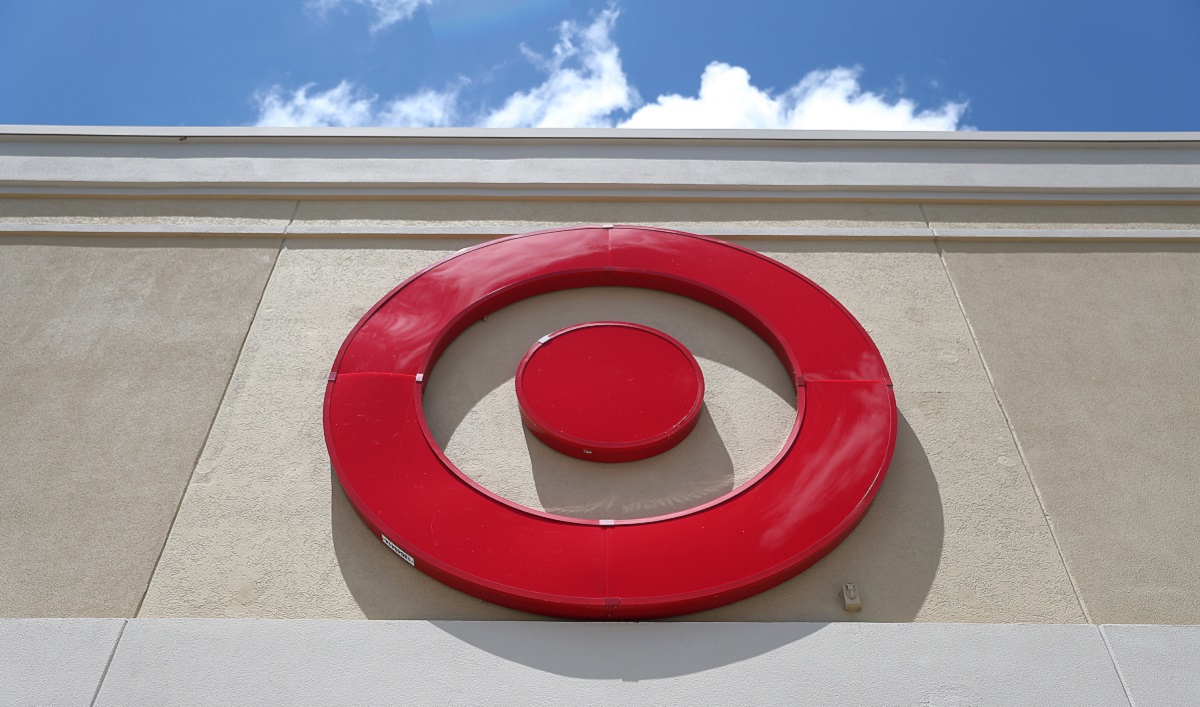Bill Daley’s plan to do away with partisan primaries could potentially create three election days in Illinois. Daley said Illinois should consider a system similar to that used in Chicago’s municipal elections -- any candidate who gets 50 percent of the vote in the primary avoids a runoff in the general election. If no candidate gets more than 50 percent, the top two candidates, regardless of party, advance to the general election.
The problem with this system is that it’s already been ruled illegal for federal elections. In 1977, Louisiana adopted an “open primary” system identical to the one Daley proposes. However, in 1997, the Supreme Court ruled in Foster v. Love that it is illegal to elect a representative or a senator on any date other than Election Day -- the first Tuesday after the first Monday in November.
“A contested selection of candidates for a congressional office that is concluded as a matter of law before the federal election day, with no act in law or in fact to take place on the date chosen by Congress, clearly violates [federal statute],” the court wrote.
Louisiana preserved its system by making Election Day the primary, and holding all necessary runoffs a month later, in early December.
California’s non-partisan “top two” election system, which Daley cited as a model, is legal because the top two vote getters advance to the general election, even if one wins a majority.
Illinois could still hold a March open primary for state offices, then hold the runoff in November -- at the same time as the primary for federal offices. Or it could hold open primaries for state offices and partisan primaries for federal offices. Confusing? Yes. Maybe confusing enough to kill Daley’s plan.



